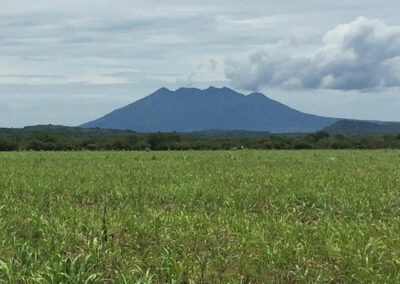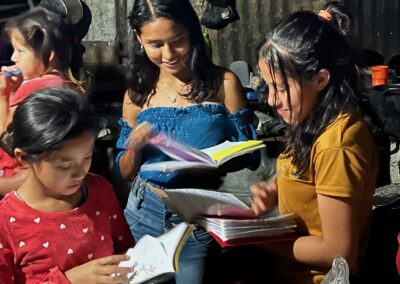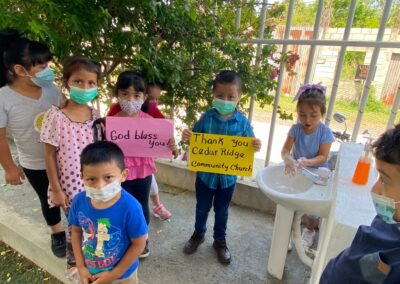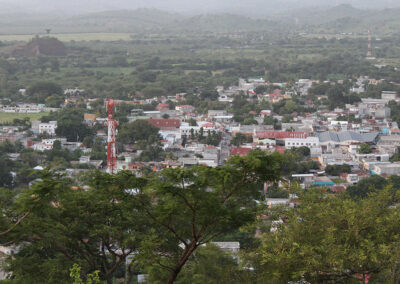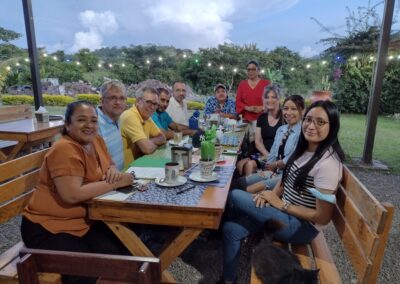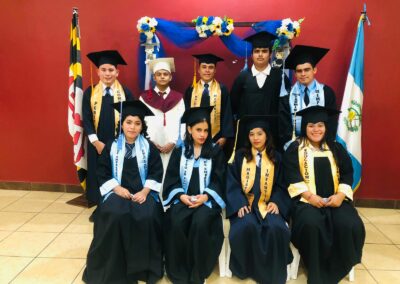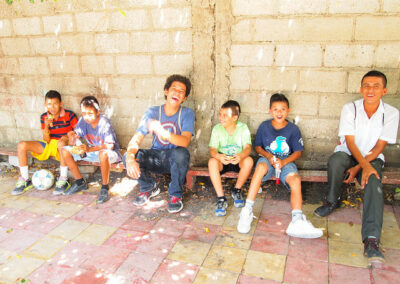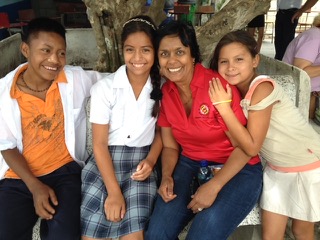Our Guatemalan Partners
Kids: Read about life in Ipala, GuatemalaIn 2009, Cedar Ridge made a commitment to partner with Ipala—a town of 20,000 in southeastern Guatemala—to help address issues of economic injustice. Since that time, we have supported a number of locally designed projects, and have been privileged to experience the warmth of hospitality from our Guatemalan friends. Our engagement in Guatemala stems from our vision to “reach out beyond global, cultural and political barriers to offer friendship and practical support.”
A Rich Culture
Guatemala, meaning the “land of the forests,” was ruled by Indigenous peoples until the Spanish Conquest in 1523. Today, different groups including native descendants and other communities from around the world have all contributed to the multicultural heritage of Guatemalan society.
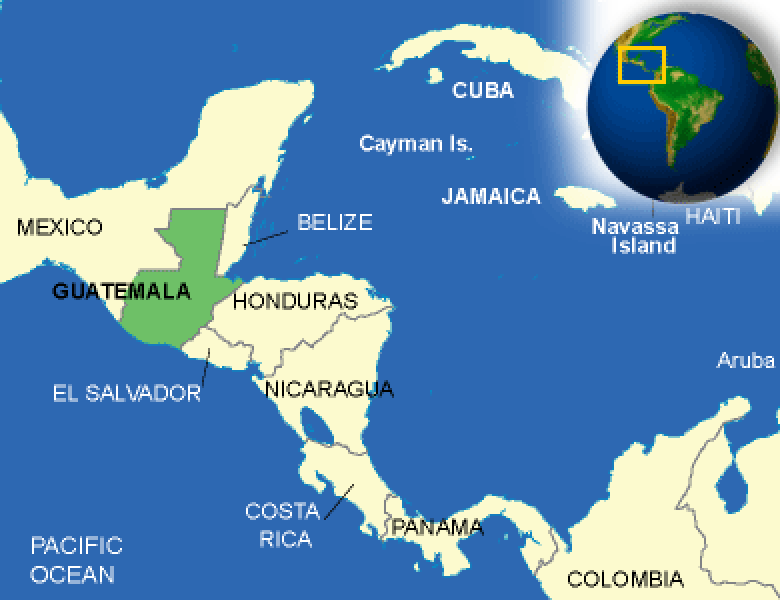
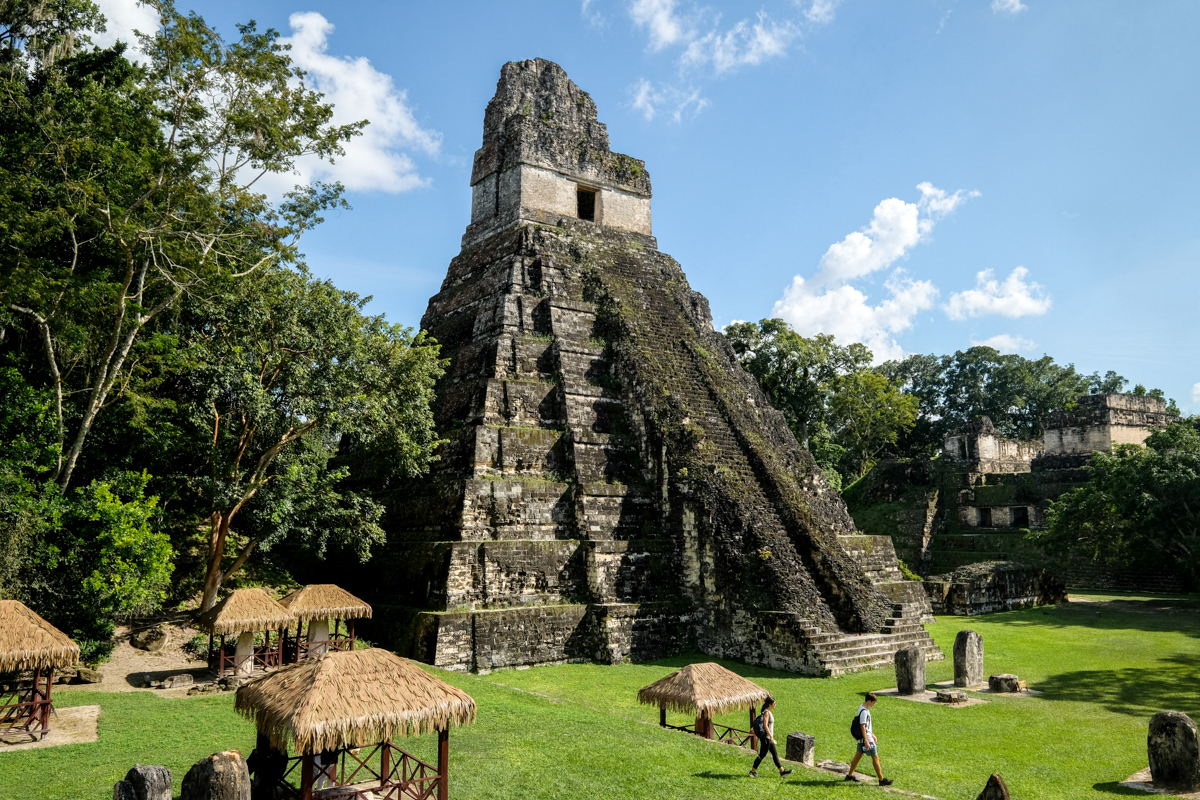
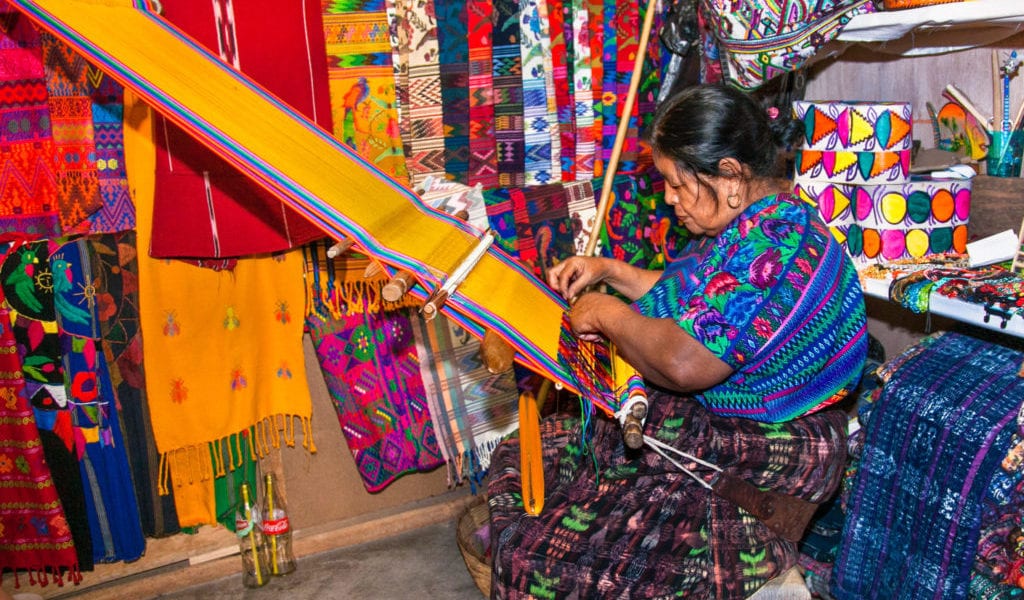
The country’s customs, cuisine, and people stand as a witness to its dynamic history. The first Mayan cities were build around 2000 BCE. The ancient ruins evidence advanced architectural designs to capture light and acoustic phenomena. Some still contain elaborate murals narrating scenes of daily life, in addition to intricately carved relief lintels and stone monuments.
Most traditional foods are based on Mayan cuisine with Spanish influences, and have corn, chilies, and beans as key ingredients in addition to plantains, avocados, coconuts, and other locally grown produce. Many dishes are hyper-regional, and not available outside specific towns. While the music of Guatemala is diverse, the marimba is the most important instrument in traditional songs. Steeped in centuries of history, the marimba took shape around the turn of the 20th century drawing from the African, Indian, and Ladino (creole) roots of Central America’s colonial past.
Economic activities include agriculture (particularly coffee, sugar, and bananas), paper industries, petroleum, tourism, and textiles. Traditional Guatemalan weaving is an ancient craft featuring bright colors and designs rich in symbolism.
As we read about the political history and current challenges facing Guatemala, let’s continue to celebrate the many beautiful aspects of the country and the amazing people who are bringing about positive change in their society. Additionally, as people of compassion, let’s be better advocates and supporters of Guatemalans—those in their homeland and those here in the US.
Current Challenges
Extreme climate events are becoming more common, and environmental unpredictability is increasing due to climate change. While climate change will ultimately affect the whole planet, populations of the least developed countries are disproportionately affected.
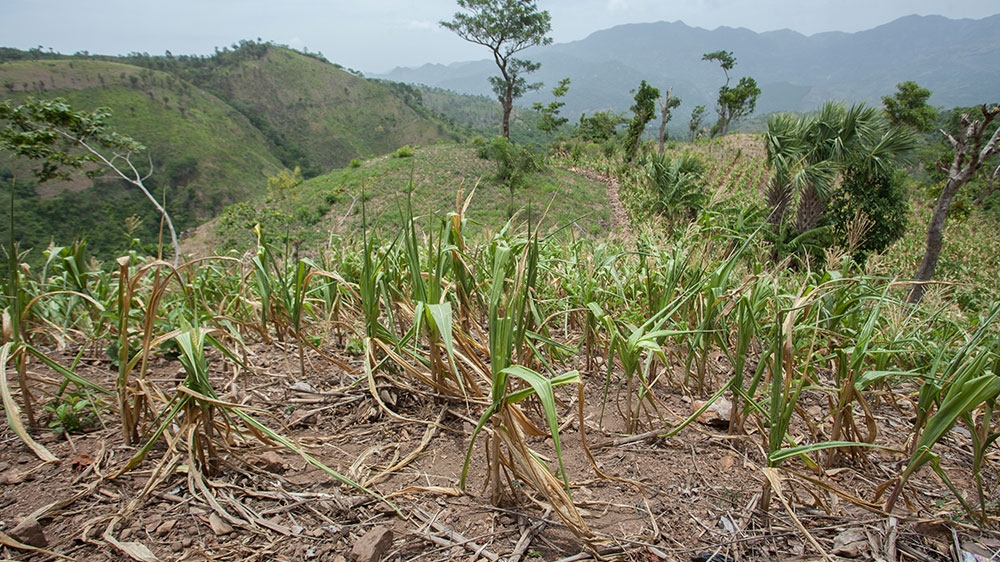
Guatemala is among the ten countries in the world most vulnerable to climate change and most exposed to natural hazards. In the “dry corridor,” an arid space that occupies a large portion of the country, extreme weather events linked to climate change have significantly hindered crop production, where 58% of the population depends on agriculture for their livelihood. Without a consistent source of food or income, many farmers see the dangerous journey north as a more promising survival strategy.
Guatemala has been faced with additional challenges that push people to seek safety elsewhere. Many lives were lost during its 36-year-long civil war, initiated in 1954 by a U.S. Central Intelligence Agency-backed coup that ousted the democratically elected president. About 83% of those killed were of Mayan descent. 27 years later, Guatemala’s social and economic situation continues to experience deep and widespread poverty, racism, violence, and impunity.
More than half of Guatemala’s population lives below the poverty line, and its under-five child malnutrition rate (at 47%) is among the ten highest worldwide. Facing a lack of education and job opportunities, the impacts of poverty are most acutely felt by Indigenous peoples and Afro-descendants, who make up around 45% of the population.
Our Partnership with the People of Ipala, Guatemala
Thanks to the generous donations of Cedar Ridge members and friends, over the years we have been able to support numerous initiatives including the following:
-
- scholarships for middle and high school students who would not otherwise be able to continue their education past 6th grade
- smokeless stoves for safer, more efficient cooking in homes and schools
- new floors and roofs to prevent homes from flooding during the rains
- school upgrades such as hand washing stations, bathrooms, and play areas
- emergency food distributions during the COVID pandemic
- solar panels to provide electricity to low income families without grid access

